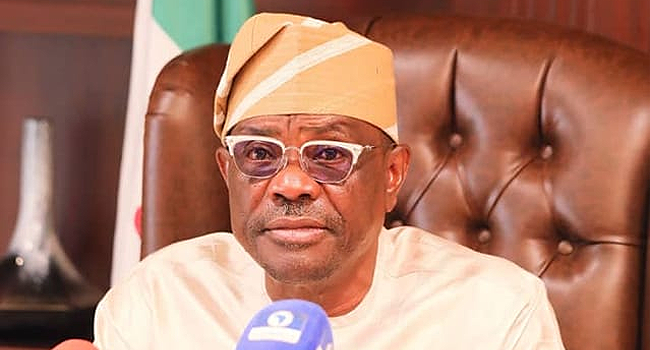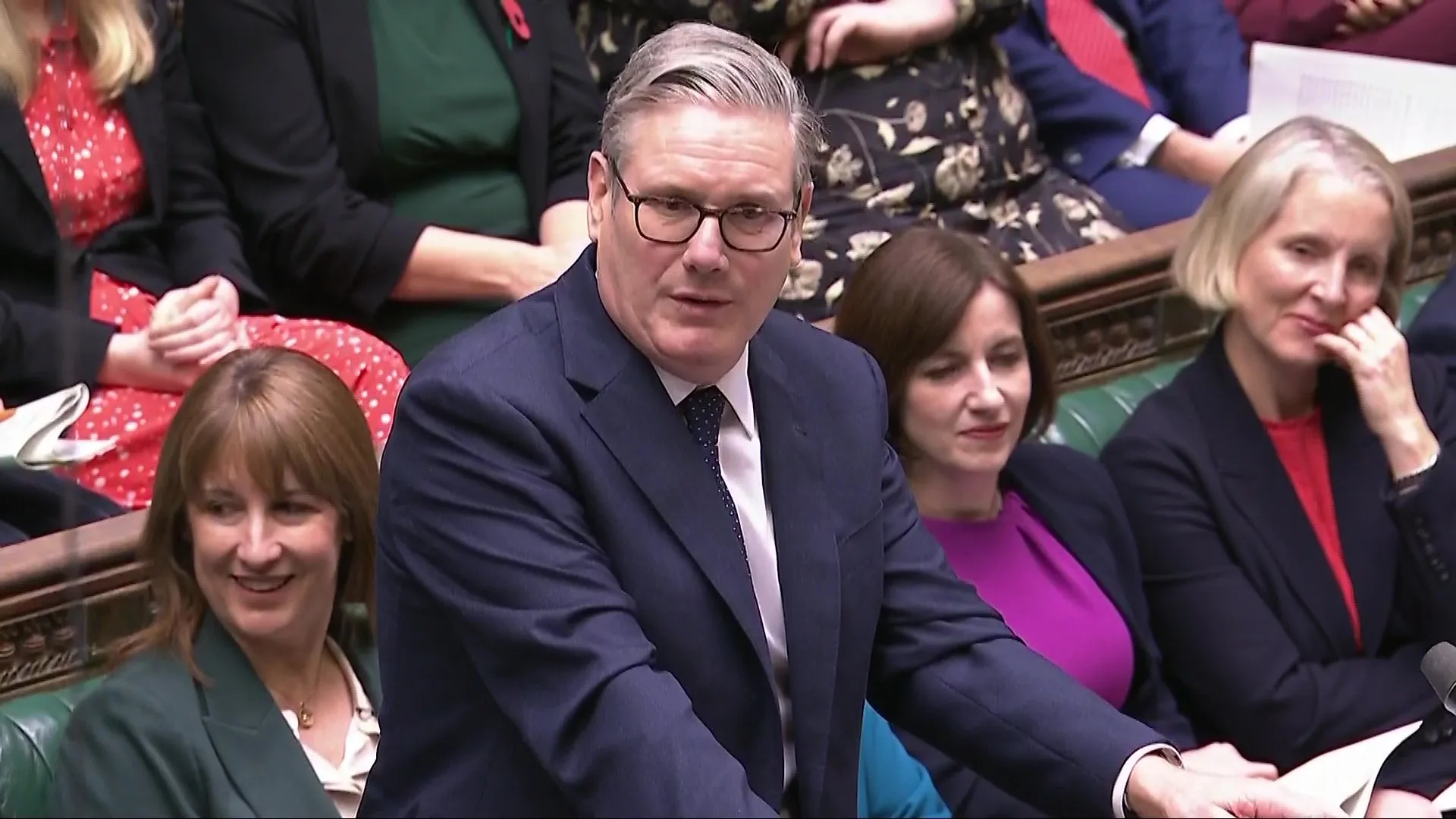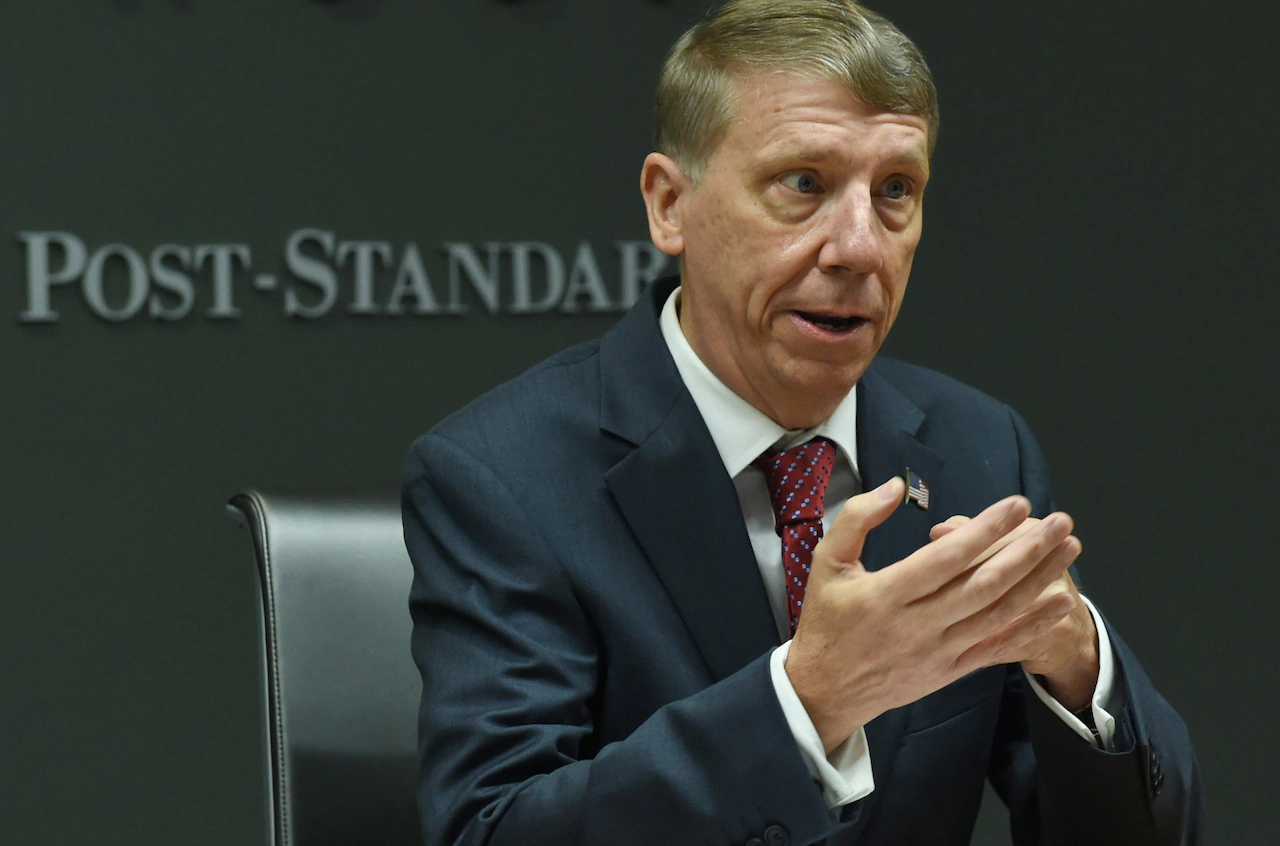Copyright The Boston Globe

A third party can only make so much of a dent Lindsey Williams Drath, CEO of the Forward Party, calls for the emergence of a third party in American politics (“A choice for Americans tired of political gridlock,” Opinion, Oct. 25). However, this won’t happen — it can’t — as long as we have winner-take-all elections. Unlike a parliamentary system in which minority candidates get representation in proportion to their electoral support, we always end up with a binary choice. Inevitably, these choices are reduced to a left-right divide. Any major third-party candidate (for example, H. Ross Perot or Ralph Nader) only weakens one of the mainstream candidates. The argument that even a handful of representatives in Congress would sway negotiations between parties is countered by the need to achieve decisive electoral majorities in at least some districts. Advertisement A third party such as the Tea Party can alter the direction of one of the existing parties, but it will get subsumed by it. Jim Mesthene Waltham Two-party system is monopolistic Lindsey Williams Drath points out exactly the problem with the American political system. When only two parties control all of the politics in this country, choices and competition are gone. At this point the Democratic and Republican parties have become monopolies engaged in anticompetitive behavior. Some kind of antitrust-like action needs to be taken up against them, and both parties need to be broken up. That might be the only way to restore choice to the American voter. Ben Bratko Lincoln, R.I.



